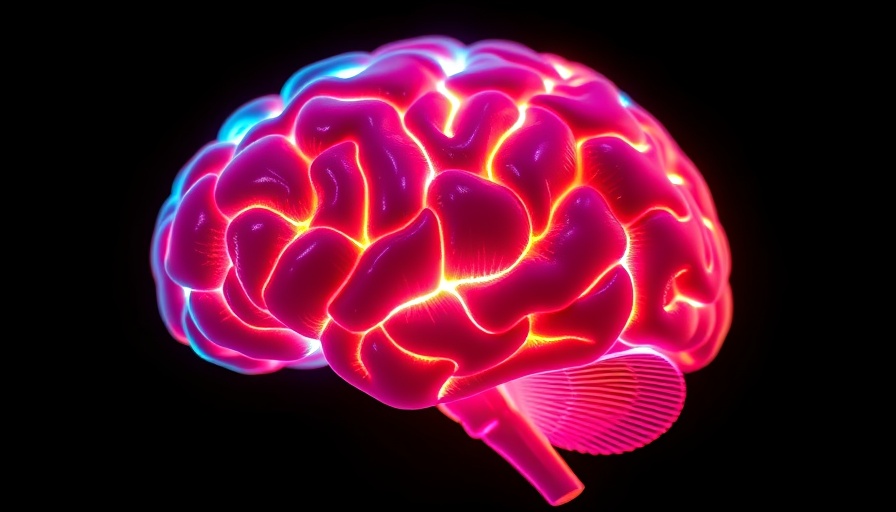
Scientists Discover Protein That Could Reverse Brain Aging
Recent discoveries from researchers at the University of California, San Francisco (UCSF) could change the landscape of aging and cognitive decline. A protein known as FTL1 has been identified as a significant factor in the aging process of the brain, particularly affecting the hippocampus, which is crucial for learning and memory. This discovery opens the door to innovative treatments that could potentially reverse cognitive decline.
The Role of FTL1 in Brain Aging
Aging takes a toll on the hippocampus. Studies conducted on mice revealed that higher levels of the FTL1 protein were correlated with memory loss and weakened brain connections. In fact, researchers found that increasing FTL1 levels in young mice made their brains mimic those of older mice, showcasing the protein’s important role in cognitive function. When the team reduced FTL1 levels in aging mice, remarkable changes occurred: they regained cognitive abilities and the connectivity between nerve cells was restored.
Potential for Future Therapies
Dr. Saul Villeda, the senior author of the study published in Nature Aging, expressed optimism about the future implications of their findings. The prospect of developing therapies that target FTL1 could potentially alleviate some of the most devastating symptoms associated with aging. This development is especially significant in a time when our population is aging rapidly, and the demand for innovative healthcare solutions is more pressing than ever.
Exploring Cognitive Enhancements
The prospect of reversing brain aging taps into a larger issue facing our society: the rise of cognitive decline as people live longer. As scientists continue to unravel the complexities of brain aging, the implications for public health and individual lifestyle choices become more pronounced. There is a growing need for holistic approaches that not only focus on treatment but also emphasize prevention through lifestyle management.
Connecting Health and Lifestyle Choices
In cities like Dallas, where lifestyle choices significantly impact residents' quality of life, understanding the relationship between cognitive health and personal habits is crucial. As individuals learn about the effects of certain proteins and lifestyle management, it may prompt them to make proactive decisions regarding diet, exercise, and mental health practices.
Practical Insights for Enhancing Cognitive Health
Aging gracefully may mean engaging in activities that bolster brain health. Residents in cities like Dallas can explore local resources that promote mental wellness, from wellness clinics focusing on lifestyle management to community classes that emphasize physical exercise and cognitive engagement. Engaging in a healthy lifestyle is as important as innovative breakthroughs in science.
Decisions You Can Make for Your Health
As research like UCSF’s emerges, individuals are encouraged to prioritize neuroprotective lifestyle choices. This includes regular physical activity, social engagement, and a balanced diet rich in omega-3 fatty acids and antioxidants, all of which have been shown to support brain health. By taking proactive measures now, individuals can prepare their minds for healthier aging.
In conclusion, the discovery of FTL1 marks an exciting frontier in brain aging research, offering hope that cognitive decline can be effectively targeted and potentially reversed. As citizens of Dallas and beyond navigate their lives, staying informed about advances in science while making thoughtful lifestyle choices is paramount. Let's support these developments in science and our communities!
 Add Element
Add Element  Add Row
Add Row 



Write A Comment